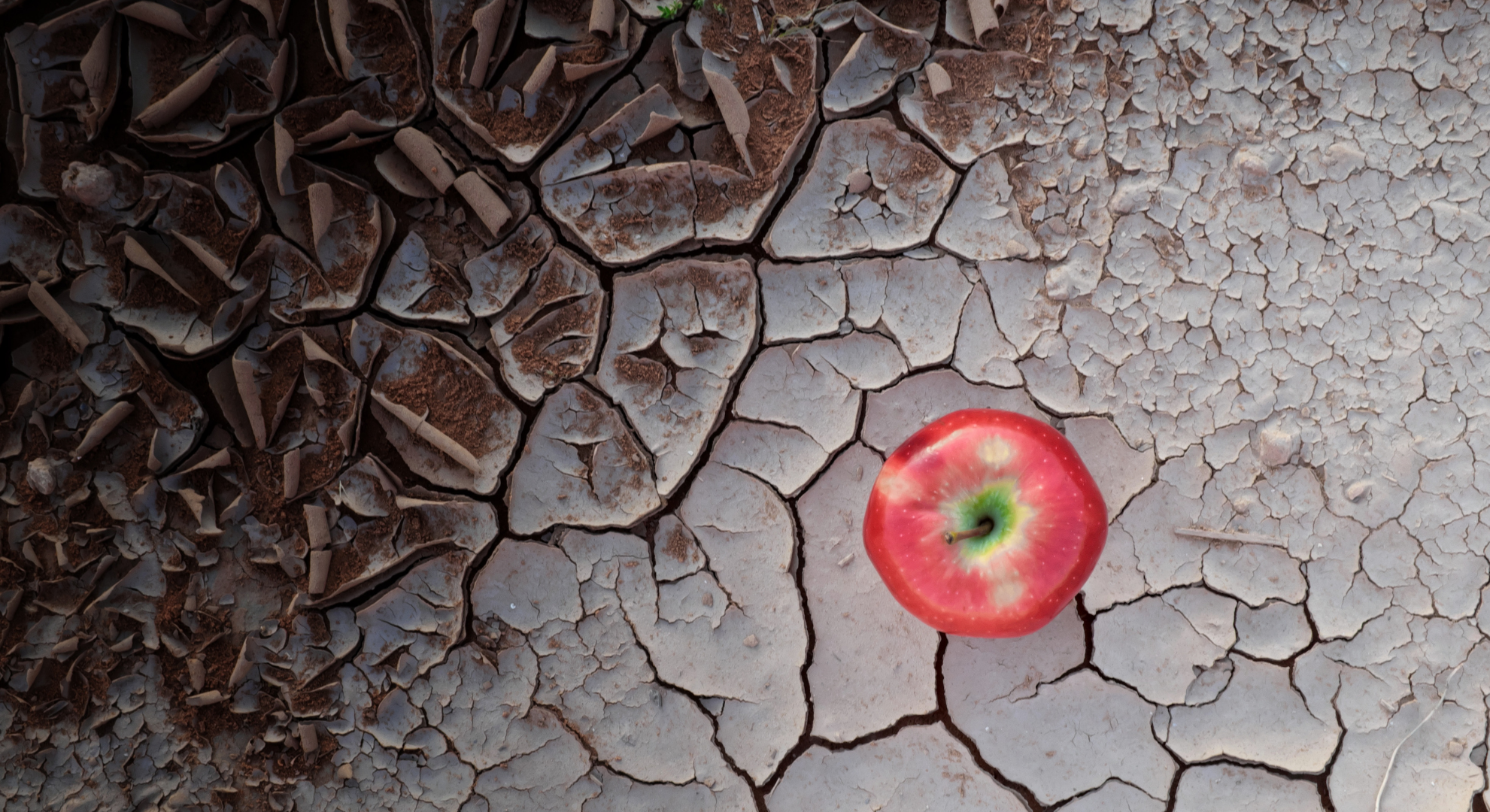
The latest IPCC report portrays an alarming scenario for the future of our food systems. Climate change threatens food production and access to food.
According to researchers, the exposure to food insecurity will be unevenly distributed, hitting the poorest areas of the world more severely. Asia and Africa are already experiencing the impact of climate change, which is reducing the growth of their agricultural productivity.
Europe will not be excluded from global warming’s negative impact either. The IPCC report also makes alarming projections on soil health. By 2050, large land areas might be degraded. Even pollination will be hindered if the temperature continues rising, with the consequent proliferation of pests and agricultural diseases. Last November, the Commission presented the European Soil Strategy, with the commitment of establishing a soil health law by 2023 to concede soil the same protection status as air and water.
As UN Special Rapporteur on Extreme Poverty and Human Rights, Olivier de Schutter, remarks, without a consistent reduction of carbon emission and a change in the farming methods, the collapse of the food system is likely.
SAFE firmly believes in this alternative cultural approach to agriculture and in 2021 joined the RegAgri4Europe Project. RegAgri4Europe is a two-year project financed by the Erasmus+ Programme, whose objective is to accelerate and facilitate the global transition to regenerative food, farming, and land management.
The transition towards sustainable food systems requires a change in our cultural mindset, and the education of future generations is the most effective promoter of this change. Since 2019, SAFE is the project coordinator of the PermaModule Project, an undergraduate course on Permaculture.
